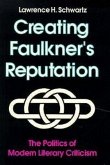Is William Faulkner's fiction built on a fundamental dichotomy of outcast individual versus the healthy agrarian community? The New Critics of the 1930s advanced this view, and it has shaped much Faulkner criticism. However, in Faulkner's Marginal Couple, John Duvall posits the existence of another possibility, alternative communities formed by "deviant" couples. These couples, who violate "normal" gender roles and behaviors, challenge the either/or view of Faulkner's world. The study treats in detail the novels Light in August, The Wild Palms, Sanctuary, Pylon, and Absalom, Absalom!, as well as several of Faulkner's short stories. In discussing each work, Duvall challenges the traditional view that Faulkner created active men who follow a code of honor and passive women who are close to nature. Instead, he charts the many instances of men who are nurturing and passive and women who are strong and sexually active. These alternative couples undermine a common view of Faulkner as an upholder of Southern patriarchal values, thus countering the argument that Faulkner's fiction is essentially misogynist. This new approach, drawing on semiotics, feminism, and Marxism, makes Faulkner more accessible to readers interested in ideological analysis. It also stresses the intertextual connections between Faulkner's Yoknapatawpha and non-Yoknapatawpha fiction. Perhaps most importantly, it uncovers what the New Criticism concealed, namely, that Faulkner's fiction traces the full androgynous spectrum of the human condition.
Hinweis: Dieser Artikel kann nur an eine deutsche Lieferadresse ausgeliefert werden.
Hinweis: Dieser Artikel kann nur an eine deutsche Lieferadresse ausgeliefert werden.

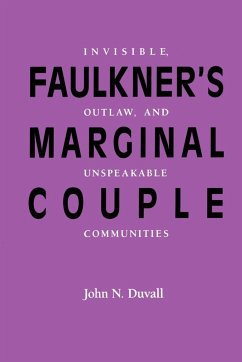
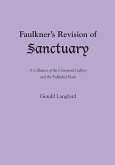

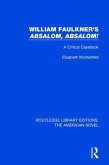
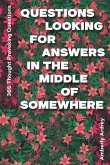
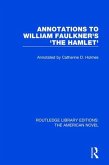
![Biographia Borealis: Northern Worthies, Ed. By His Brother [D.Coleridge] With The Corrections Of The Author And The Marginal Observations O Biographia Borealis: Northern Worthies, Ed. By His Brother [D.Coleridge] With The Corrections Of The Author And The Marginal Observations O](https://bilder.buecher.de/produkte/66/66925/66925278m.jpg)
